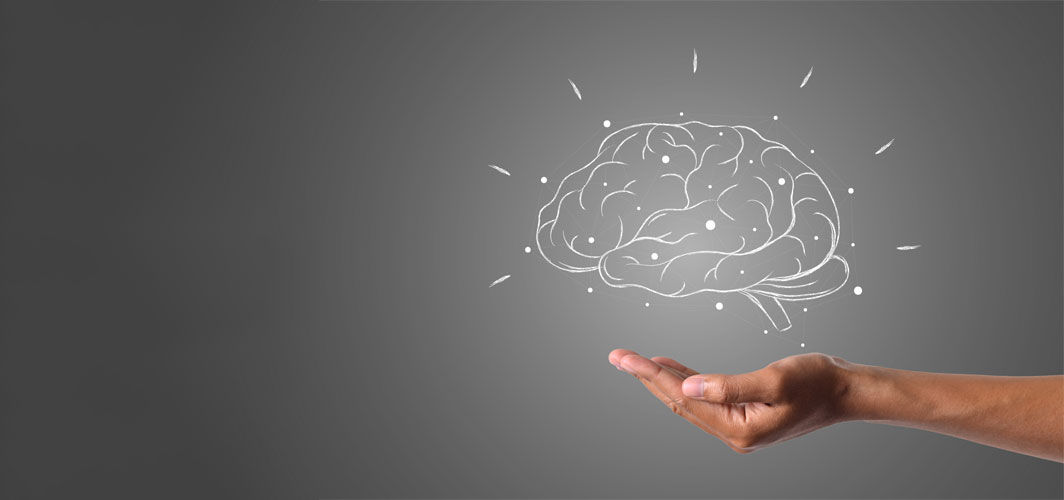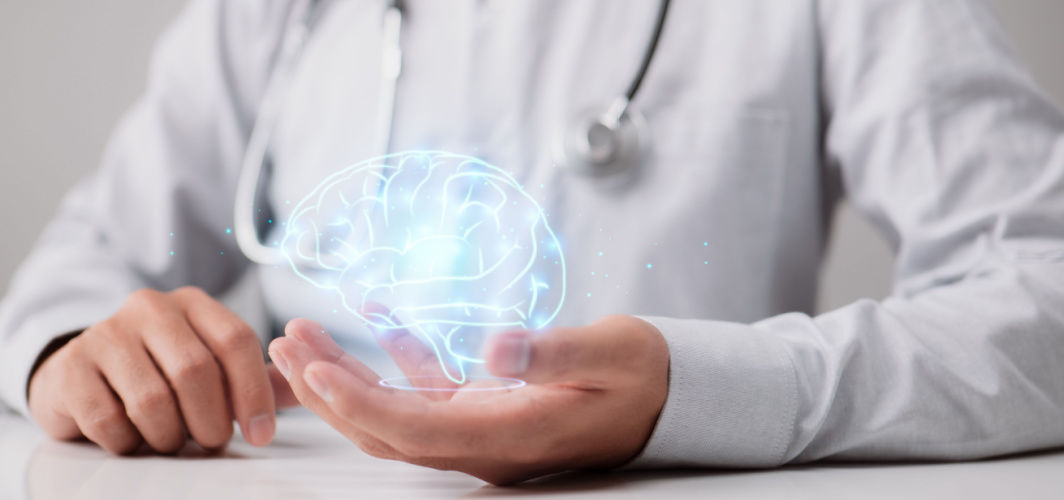Neurology
From Stress To Weather Changes, Here Are 6 Things That Can Trigger Migraine
4 min read
By Apollo 24|7, Published on - 31 January 2023, Updated on - 09 April 2023
Share this article
0
19 likes

Migraine is a prevalent form of moderate to severe headache, accompanied by other symptoms like nausea, vomiting, and blurry vision. According to 2016 World Health Organization (WHO) findings, 50% to 75% of the world's adult population in the 18 years to 65 years bracket suffer from headaches. Over 30% of them have complained of migraine.
According to a 2013 finding, migraine was the world's sixth-highest cause of years lost due to disability (YLD). Yet, even after this, India's awareness of migraine is low.
Let's discuss the causes of migraine and their treatment.
What are the Different Types of Migraines?
Migraine headaches are generally classified as either ‘migraine with aura’ or ‘migraine without aura’.
- Migraine With Aura: It involves sensory disturbances such as blind spots, flashes of light, tingling sensations, or speech and language disturbances. This type of migraine typically occurs in people between 30-60 years of age. About one-third of people who get migraines can get symptoms like visual changes and sensations in their arms and legs.
- Migraine Without Aura: It is the most common form of migraine, affecting adults between 15 and 55 years. It consists of throbbing pain on one side of the head, often accompanied by nausea, vomiting, and sensitivity to light and sound. The pain can last for hours or days. An aura does not accompany most migraines.
What Causes Migraine?
The exact causes of migraine are unknown, but several genetic and environmental factors may contribute to their onset.
- Stress: Stress can trigger a migraine headache by releasing chemicals such as cortisol and adrenaline that cause blood vessels to narrow and inflammation, leading to headaches and sometimes other symptoms like nausea. It is known as a "stress headache" or "tension headache."
- Bright Lights: Flickering lights tend to trigger migraine or may aggravate the intensity.
- Disruption of the Body's Natural Sleep Cycle: Not getting enough sleep can trigger a migraine.
- Weather Changes: Barometric pressure changes, bright or flickering lights, and strong smells can trigger migraines.
- Foods and Drinks: Certain foods can trigger migraines, such as aged cheese, chocolate, citrus fruits, artificial sweeteners, and processed meats. Drinks high in caffeine, like coffee, tea and colas, aggravate migraine symptoms. Keeping a food diary can help you identify your triggers.
- Hormonal changes: Changes during menstruation, pregnancy, and menopause can trigger migraines.
Migraine Treatment
Treatment depends on the symptoms, type and severity. Doctors typically diagnose migraine based on your medical history and symptoms.
1. Medications
- In cases of mild migraine, an individual can consume counter-pain medications such as ibuprofen or aspirin.
- Other treatments include prescription medications such as triptans, anti-inflammatory drugs, anti-nausea medications, and serotonin agonists.
- For more severe migraines, the doctor may prescribe preventive medications to reduce the frequency and intensity of attacks. These include Amitriptyline, propranolol and Botulinum toxin A.
2. Lifestyle Modifications and Prevention
- Early recognition of the onset of migraine symptoms may help reduce migraine attacks.
- Avoiding known triggers such as certain foods and drinks like alcohol can reduce migraine recurrence.
- Getting enough sleep and regular exercise can prevent migraine attacks.
- Managing stress and practising relaxation techniques such as yoga and meditation can be extremely helpful in preventing migraine attacks.
- Doctors may also recommend biofeedback and cognitive behavioural therapy (CBT) to help cope with the pain and reduce the frequency of attacks.
3. Surgery
It is the last option for patients with severe migraine issues, where other treatments have proved ineffective. However, this is relatively rare.
FAQs
1. Can migraine damage your brain?
There is no scientific reference that suggests migraine can damage your brain.
2. How can you naturally cure a migraine?
You can ease migraine by exercising, drinking plenty of fluids, listening to soothing music, performing meditation and yoga, and maintaining a healthy diet.
3. What foods relieve migraine?
Foods that are a rich source of magnesium, like green leafy vegetables, avocado and tuna, help relieve migraine symptoms.
4. Does water help with migraine?
Water helps you keep yourself hydrated. Hydration is an essential preventive and migraine relief measure.
5. What foods to avoid if you have a migraine?
Avoid foods like cheese, red wine, alcohol, citrus fruits, chocolates and yeast when you have a migraine.
The goal of treatment is to reduce the frequency and intensity of migraine attacks and improve the patient’s quality of life. In some cases, migraines may be prevented or even cured through changes in lifestyle and medication. However, all patients should speak with a doctor before beginning any treatment, as there may be risks associated with specific therapies. Furthermore, if you need expert opinion,
Medically reviewed by Dr Sonia Bhatt.
Neurology
Leave Comment
Recommended for you

Neurology
Sharpen Your Brain With These 7 Foods
The food we eat influences not only our body but our brain as well. Brain health-promoting foods help reduce oxidative stress and inflammation. Some of the foods that can sharpen your memory include dark chocolate, coffee, fatty fish, nuts, broccoli, avocados, eggs, and soy.

Neurology
5 Reasons Why Your Parents Are Losing Their Balance
Balance issues occur out of nowhere and start decreasing a person's quality of life. The human body depends on many systems to enable free movement without causing any falls. Damage to the brain can lead to severe balance disorders. In this article, you will find out the reasons behind the loss of balance and how to prevent it.

Neurology
6 Neurological Disorders Symptoms You Must Not Ignore
Read this blog to recognise 6 symptoms of neurological disorders early on. Recognising early signs can ensure proper diagnosis and treatment.
Subscribe
Sign up for our free Health Library Daily Newsletter
Get doctor-approved health tips, news, and more.
Recommended for you

Neurology
Sharpen Your Brain With These 7 Foods
The food we eat influences not only our body but our brain as well. Brain health-promoting foods help reduce oxidative stress and inflammation. Some of the foods that can sharpen your memory include dark chocolate, coffee, fatty fish, nuts, broccoli, avocados, eggs, and soy.

Neurology
5 Reasons Why Your Parents Are Losing Their Balance
Balance issues occur out of nowhere and start decreasing a person's quality of life. The human body depends on many systems to enable free movement without causing any falls. Damage to the brain can lead to severe balance disorders. In this article, you will find out the reasons behind the loss of balance and how to prevent it.

Neurology
6 Neurological Disorders Symptoms You Must Not Ignore
Read this blog to recognise 6 symptoms of neurological disorders early on. Recognising early signs can ensure proper diagnosis and treatment.